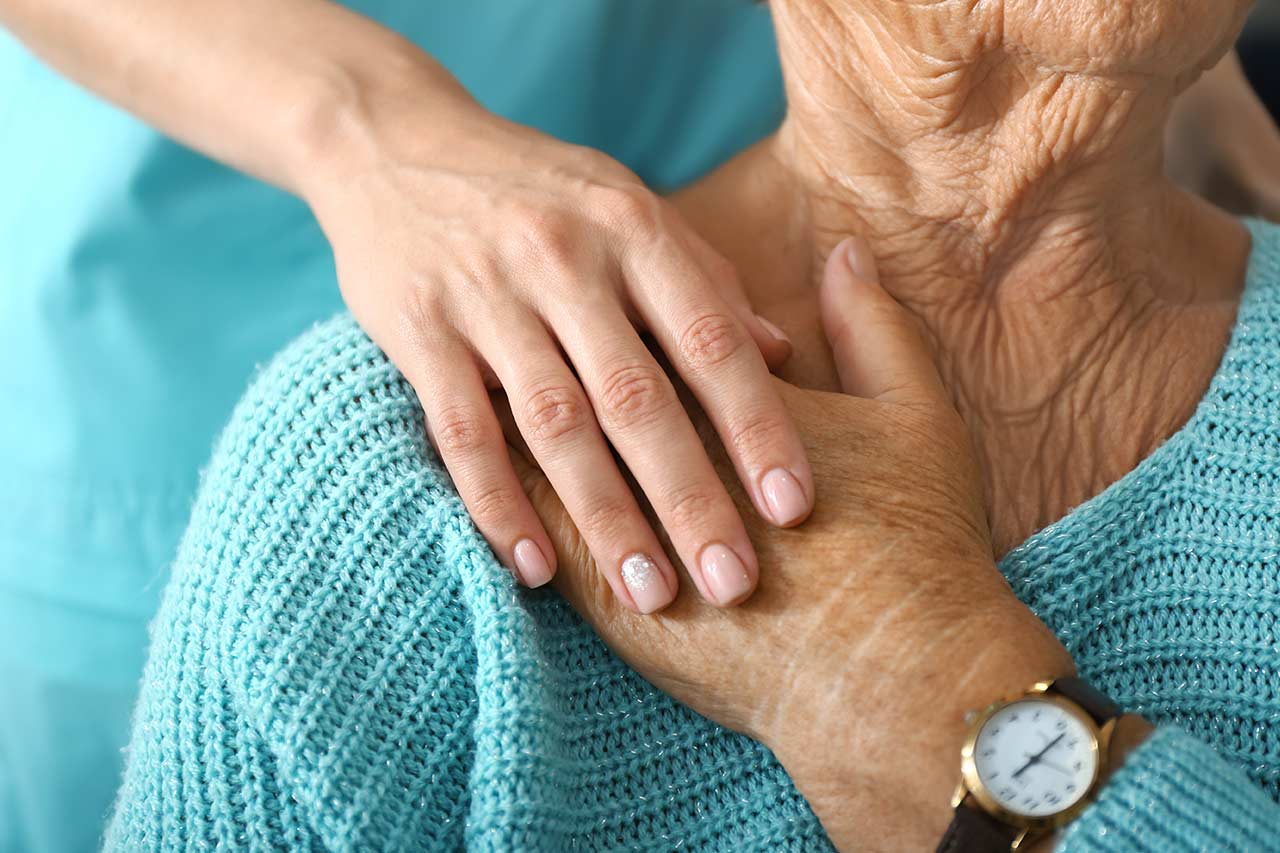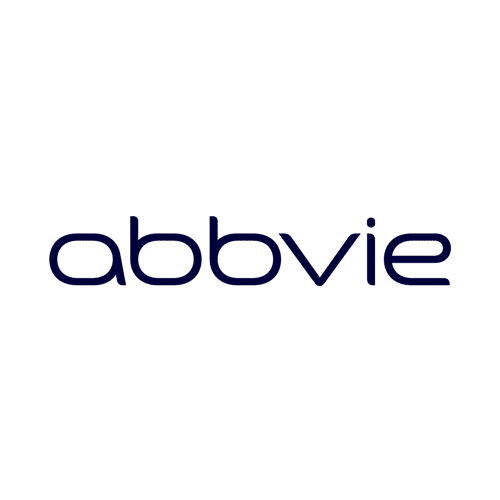
Loss of autonomy

Develop new solutions and reinvent care paths for people in need of care
Our specialized team supports players in the medico-social sector on the theme of loss of autonomy, particularly focusing on challenges related to the need of care of older people.
They trust us

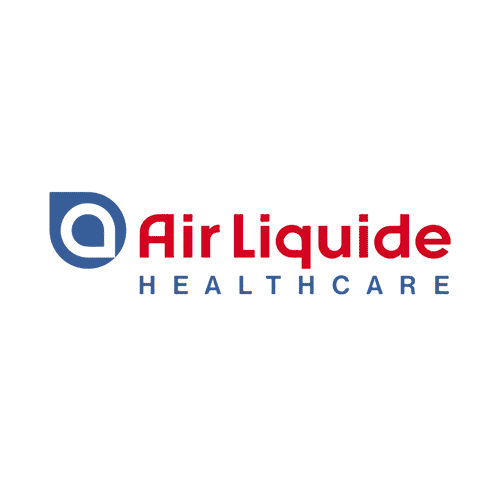
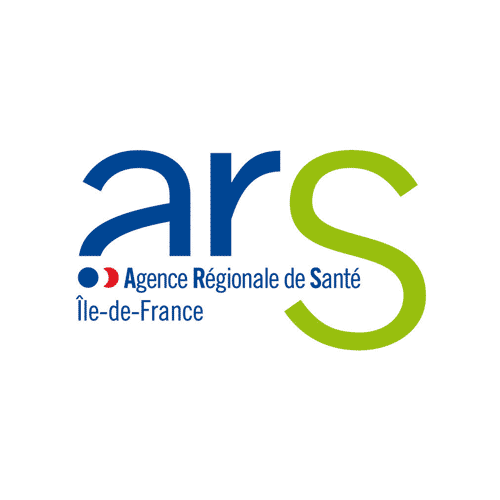

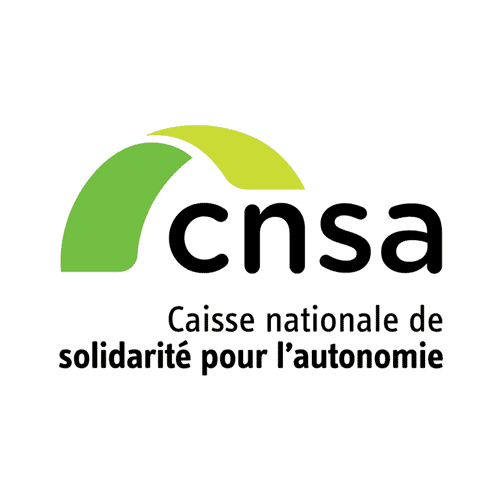
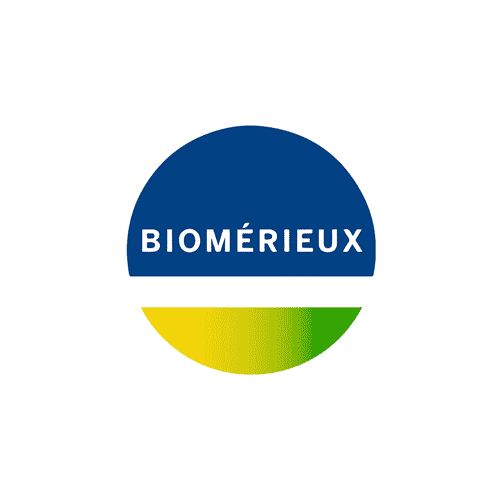

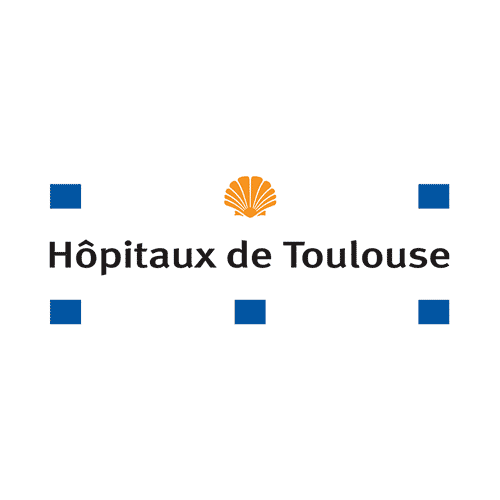

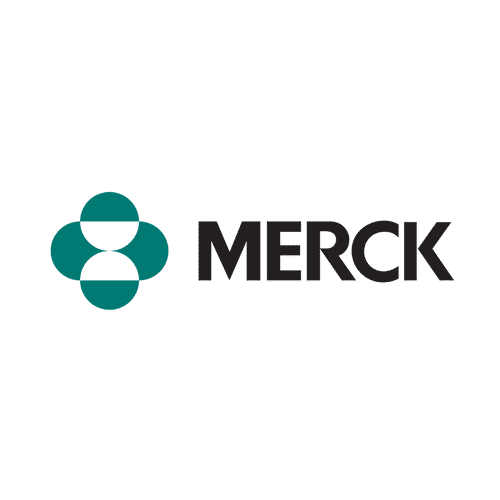
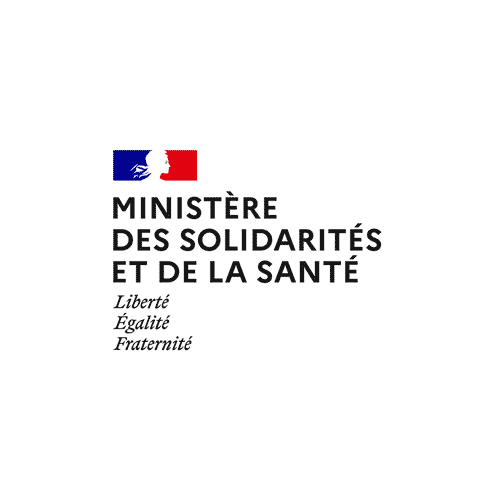

The challenges related to the loss of autonomy and the dependence of the elderly
According to INSEE, in 2020, the proportion of French people over 65 years of age represented 20.5% of the overall population, i.e. 13.7 million people, and is expected to reach 20 million individuals in 2030 and 24 million in 2060 (source: INSEE, 02/27/2020). It goes without saying that this demographic evolution is transforming and will profoundly transform our society, our health care system and our public policies.
Many challenges are imposed on actors in the medico-social field, including:
For several years now, multiple laws have been passed in the area of independence and old age.
In 2015, the law on the adaptation of society to aging translated the ambition to age well by promoting home care for the elderly, the prevention of loss of autonomy, and the recognition and support of family caregivers through the right to respite and family support leave.
In 2018, an “old age and independence consultation” formulated 175 proposals for an ambitious reform of the policy for the elderly, integrating all of these challenges in preparation for a dedicated bill, which could not be completed. The law of August 7, 2020 on social debt and independence established the fifth branch of the Social Security system dedicated to the independence of the elderly and people with disabilities, managed by the Caisse Nationale de Solidarité pour l’Autonomie (CNSA).
If autonomy and the elderly sector are now part of the pillars of our social protection model, structural and organizational transformations are now necessary to support the restructuring of the offer and the evolution of the practices and positions of professionals.
How can we support the restructuring of the autonomy and old age offer? How can we change practices and help professionals in the sector to rethink their practices?
The prevention of loss of autonomy and healthy aging are now at the heart of public policies, whether it be the fight against isolation, the evaluation of the degree of dependence of the elderly (state of health, analysis of the first signs of age-related loss of autonomy, etc.), the adaptation of the home of seniors, home help, or the promotion of physical activity.
In order to identify, as early as possible, the first signs of loss of autonomy, the World Health Organization has developed the ICOPE approach (integrated care for older people) based on the identification of fragility among the five intrinsic capacities (mobility, memory, sensory, nutritional status, mood) through a five-step methodology: screening with the assessment tool, deeper assessment of loss of function, compilation and design of a care plan, follow-up of the care plan and implementation of all necessary resources in the territory to prevent dependency.
How can professionals be trained to identify frailties to prevent dependency? What innovations or personalized home care solutions should be implemented to prevent loss of autonomy? How can we experiment with tools to assess the loss of autonomy and adapt the homes of the elderly?
In recent years, emphasis has been placed on the notion of a personalized life pathway to emphasize the need to take into account the requirements and desires of the person being cared for, to give the person free rights and to provide support to caregivers. The search for simplification of support and greater clarity of offers has led to the development of several mechanisms, including the ‘CLICs’ (Local Information and Coordination Centers), supported by Departmental Councils, aimed at guaranteeing greater accessibility to information for the elderly and the people around them. Another mechanism, the MAIA (methods of action for the integration of assistance and care services in the field of independence), created in 2008, seeks to make the pathway more fluid, coherent and, above all, to ensure continuity, in order to avoid any rupture, by coordinating all players. This pathway logic is based on the challenge of decompartmentalizing the interventions of professionals, teaching them to work together and to speak the same language. As part of the 2019 law on the organization and transformation of the healthcare system, the MAIAs in all territories must integrate the Coordination Support Systems (DAC) in order to strengthen the organization and territorial coordination of healthcare, social and medical-social professionals facing complex situations related in particular to loss of autonomy.
How can we coordinate those involved in elder care to combine their actions into a pathway-based logic? How to set up territorial pathway coordinators and case managers for all territorial coordination mechanisms (PTA, MAIA, DAC, PAERPA, etc.)?
Since the publication of Victor Castanet’s book Les Fossoyeurs and the 2022 annual report of the Cour des Comptes, the issue of quality of life for residents and professionals in EHPADs (assisted living residences) has received major attention. Although the public authorities are seeking to promote home care, 15% of people over 80 years of age live in an assisted living facility (EHPAD) in France, i.e. 600,000 residents. It is therefore essential to ensure quality of life in these facilities and to cultivate healthy aging. To this end, numerous initiatives have been launched, notably to combat isolation, with “out-of-home” EHPADs — allowing the elderly to benefit from the services and technologies available in EHPADs directly at home —, establishments adapted to different pathologies, and the creation of inclusive and intergenerational housing. Another major challenge is the quality of life at work and the training of professionals working with the elderly, as the medical-social sector suffers from a lack of attractiveness that penalizes the recruitment of qualified personnel.
How can we rethink the EHPAD by opening it up to the outside world (Third Place logic, transition to the home, integration of technological innovations, etc.)? How can we support EHPAD professionals in order to reposition them in a logic of healthy aging, while restoring meaning to their commitment?
How we support you in your projects related to the loss of autonomy and the dependence of the elderly
In 2010, Alcimed set up a team dedicated to public policies intervening at the national level (for Ministries, BPI, national agencies, etc.) and at the regional and local level, by regularly supporting actors of various ecosystems (local authorities, regional agencies, CCI, etc.) in experimentations, collaborative projects and the structuring of sectors.
Within this dedicated team, we have developed a real expertise in public health, medico-social and social policies. We work for national authorities (Ministry of Health, CNSA, CNAM, CNAV, ANAP, etc.), local actors (ARS, CD, MDPH, healthcare establishments, managing organizations of social and medico-social establishments, federations, etc.), professional representations (learned societies, representations of directors of establishments, etc.) and associations of patients and families.
We have a global vision that is essential to the identification and generalization of good practices regarding high-stake challenges, and in particular the support for change, the structuring of territorial responses and the coordination between actors in a logic of functioning in a pathway-based modality.
More specifically, we devotedly support professionals and institutions in three areas:
- Development and evaluation of public policies
- Implementation of innovative territorial projects and experiments
- Optimization of professional practices and support for change
Through the missions we have carried out for our clients and our expertise in public health policy, our Innovation and Public Policy teams are there to assist you in your future projects!
Examples of recent projects carried out for our clients in loss of autonomy
Setting up of the Departmental Public Service for Autonomy (SPDA) in France
Alcimed is supporting the Caisse Nationale des Solidarités et de l’Autonomie (CNSA) in France in rolling out the prefiguration of the SPDA. The aim of this public service is to ensure consistency and coordination between the various players in the field, in order to guarantee the continuity of care for people losing their independence, whether they are elderly or disabled.
Our assistance covers a number of key areas for the CNSA, from feeding into the national specifications for the SPDA that are currently being drawn up, to operational guidance for the departmental referrers, including leading the national community of practices and capitalising on the approaches and good practices of the pre-configuration territories.
Setting up and leading the creation of VIVA Lab, a partnership and territorial support system for innovative projects for Healthy Aging (CNAV)
Faced with the healthy aging challenge, the CNAV wanted to launch a mission to evaluate technical aids for retirees and to implement a virtual competitiveness division in this area. In response to this ambition, Alcimed assisted the CNAV in the evaluation of projects financially supported by the structure, the co-construction and the launch of the VIVA Lab partnership device, aimed at promoting projects in the field of Healthy Aging.
The process was structured around three main stages: (1) Project evaluation; (2) Setting up the VIVA Lab facility; (3) Operational follow-up of VIVA Lab, allowing the processes defined to be adapted if necessary, and to ensure the secretariat of the Division.
For several years now, Alcimed has continued to work alongside the CNAV teams in the implementation of the Viva Lab facility, to promote innovation in the field of prevention of loss of autonomy in favor of active and healthy aging.
Evaluation of the first two stages of the ICOPE program and definition of the best deployment and communication strategy (ARS Occitanie)
In 2021, Alcimed assisted the ARS Occitanie in the evaluation of the first two stages of the ICOPE program to screen for frailty among the elderly in the territories of the Occitanie region.
The ICOPE program is a public health program supported by the WHO, whose objective is to enable as many people as possible to age in good health, through an integrated approach. In order to allow its deployment in Occitanie, Alcimed also structured a dedicated kit, facilitating the involvement of healthcare professionals.
Assist in the process of unifying the various existing systems into Coordination Support Systems (DAC) in order to reorganize the service offer in the territories and to promote a decompartmentalized and integrated work approach for several ARS
Our team has extensive experience in working on the convergence of coordination support systems (networks, CLIC, CTA PAERPA, PTA, MAIA) with the various stakeholders (ARS and operators, URPS), in a genuine climate of constructive trust: collaboration with 6 ARS (ARS Ile-de-France, ARS La Réunion, ARS Bourgogne-Franche Comté, ARS Grand Est, ARS Centre-Val-de-Loire and ARS Occitanie), 8 MAIA, 5 PTA, a number of networks, etc.
Our expertise on the topic of systems coordination and convergence covers both the guidance of ARS and professionals within organizations on all the aspects concerned (financial, legal, HR, organizational, etc.).
Diagnosis of professional practices in institutions for the elderly at three key stages of the pathway (reception, support and discharge) and deployment of training (OPCO Santé)
In order to assist EHPAD professionals in changing their postures and practices, Alcimed has been accompanying the OPCO Santé since 2019 in the deployment of an action training course “Facility in favor of the evolution of professional practices for a successful pathway logic”, integrating a diagnosis of professional practices observed in the establishment and a personalized training plan.
Coaching of healthcare professionals involved in coordinated practice in the implementation of actions to prevent loss of autonomy
For a number of years, Alcimed has been supporting the Assurance Maladie in setting up coordinated practice projects (cooperation between healthcare professionals, mainly self-employed, within joint organisations or structures) throughout France. In particular, the Assurance Maladie hopes that these professionals working together will develop preventive services. In view of the aging of the population, these preventive missions largely concern the care of the elderly.
With the methodological workshops focusing on these issues, we have helped liberal professionals to reflect on these issues and to identify the key actions to be taken to ensure this prevention.
Thanks to our work, the professionals were able to emerge from these workshops with methodological tools relevant to their project, as well as a clear action plan for the operational tasks to be carried out (training professionals, raising awareness among carers, deploying prevention tools, etc.) to work on this issue.
You have a project?
To go further
Cross-sector
How does the prevention of age-associated loss of autonomy and old age dependency positively impact our society?
The ageing of the population, accompanied by the phenomenon of the fragilty of the elderly, has a negative impact on our public health system and, more generally, on our society. Our Innovation and ...
Healthcare
The Care Manager, future key player in our patient pathway
Year after year, the number of elderly people losing their autonomy in France will inevitably increase, due to the ageing of the population. Medical progress and improved living conditions will not ...
Healthcare
From hospital to home health care: How new technologies accelerate the ongoing transition
The existing model of healthcare services, being centrally delivered at hospitals and clinics, may become unsustainable. How can new technology accelerate the transition to home health care? What are ...
Founded in 1993, Alcimed is an innovation and new business consulting firm, specializing in innovation driven sectors: life sciences (healthcare, biotech, agrifood), energy, environment, mobility, chemicals, materials, cosmetics, aeronautics, space and defence.
Our purpose? Helping both private and public decision-makers explore and develop their uncharted territories: new technologies, new offers, new geographies, possible futures, and new ways to innovate.
Located across eight offices around the world (France, Europe, Singapore and the United States), our team is made up of 220 highly-qualified, multicultural and passionate explorers, with a blended science/technology and business culture.
Our dream? To build a team of 1,000 explorers, to design tomorrow’s world hand in hand with our clients.
Alcimed carries out consulting missions in a variety of fields and on topics as diverse as the uncharted territories of our clients! Our projects and the methodological approaches we develop are based on the specific needs and contexts of our clients. We for example assist our clients in defining their R&D or innovation strategy, in studying their target markets, in identifying and exploring new opportunities, in investigating innovative technologies, in defining their sales and marketing strategies, in integrating CSR or data science into their practices, or in imagining the future of their activities.
We’re not consultants, we’re explorers! Working with a consulting firm like Alcimed means living a different experience, with a team that always favors face-to-face meetings, goes beyond classic deliverables in favor of innovative ones (videos, data visualization tools, websites, collaborative platforms, …), that favors interactive animations in projects (escape games, quizzes, board games, role-playing games, video games, …), and that loves to make clients discover unusual places!
Beyond analyzing the web and literature, and large internal or external data lakes using data science, our consultants target and interact with key stakeholders: these can be clients, suppliers, partners, experts, opinion leaders, end-customers or patients, … and we challenge their viewpoints. This investigative work enables us to build our clear opinion at the crossroads between the viewpoints of the different stakeholders, and leads us to build recommendations to allow our clients to make decisions.
A person with a loss of autonomy or in a situation of dependence is characterized by the incapacity to accomplish certain acts of daily life without the help of a third person. This loss of autonomy is notably due to age.
To prevent an aging person from losing their independence, it is essential to monitor changes in the main physical and mental abilities defined by the World Health Organisation (WHO) as part of the ICOPE programme:
- Mobility
- Memory
- Nutrition
- Psychological state
- Vision
- Hearing.
